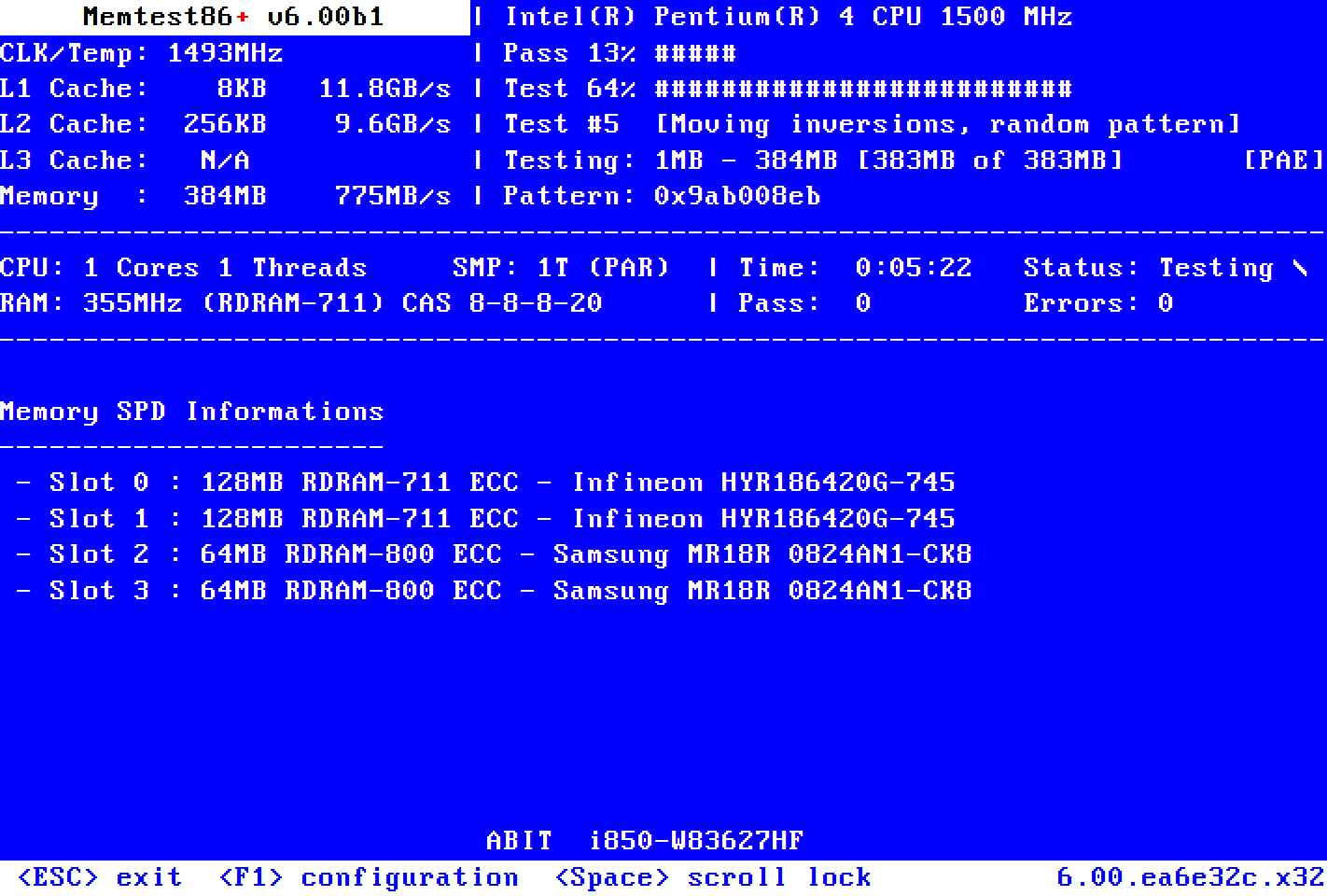Please help. Everytime I make a change in BIOS settings and saving it the PC is turning off and on 3 times before it boots up and doesn't save the settings that I've made.
P.S. I turned on my XMP and I manually changed processor frequency but it doesn't save. It is just turning on and off 3 times before it boots up.
Components:
Processor- Ryzen 5 2600
Motherboard- Asrock B450 Steel Legend
GPU: Gigabyte RTX 3070
RAM: G.Skill Trident Z 16gb (3000mhz) (Dual stick)
Power Supply: Seasonic GX-650 Gold
P.S. I turned on my XMP and I manually changed processor frequency but it doesn't save. It is just turning on and off 3 times before it boots up.
Components:
Processor- Ryzen 5 2600
Motherboard- Asrock B450 Steel Legend
GPU: Gigabyte RTX 3070
RAM: G.Skill Trident Z 16gb (3000mhz) (Dual stick)
Power Supply: Seasonic GX-650 Gold



